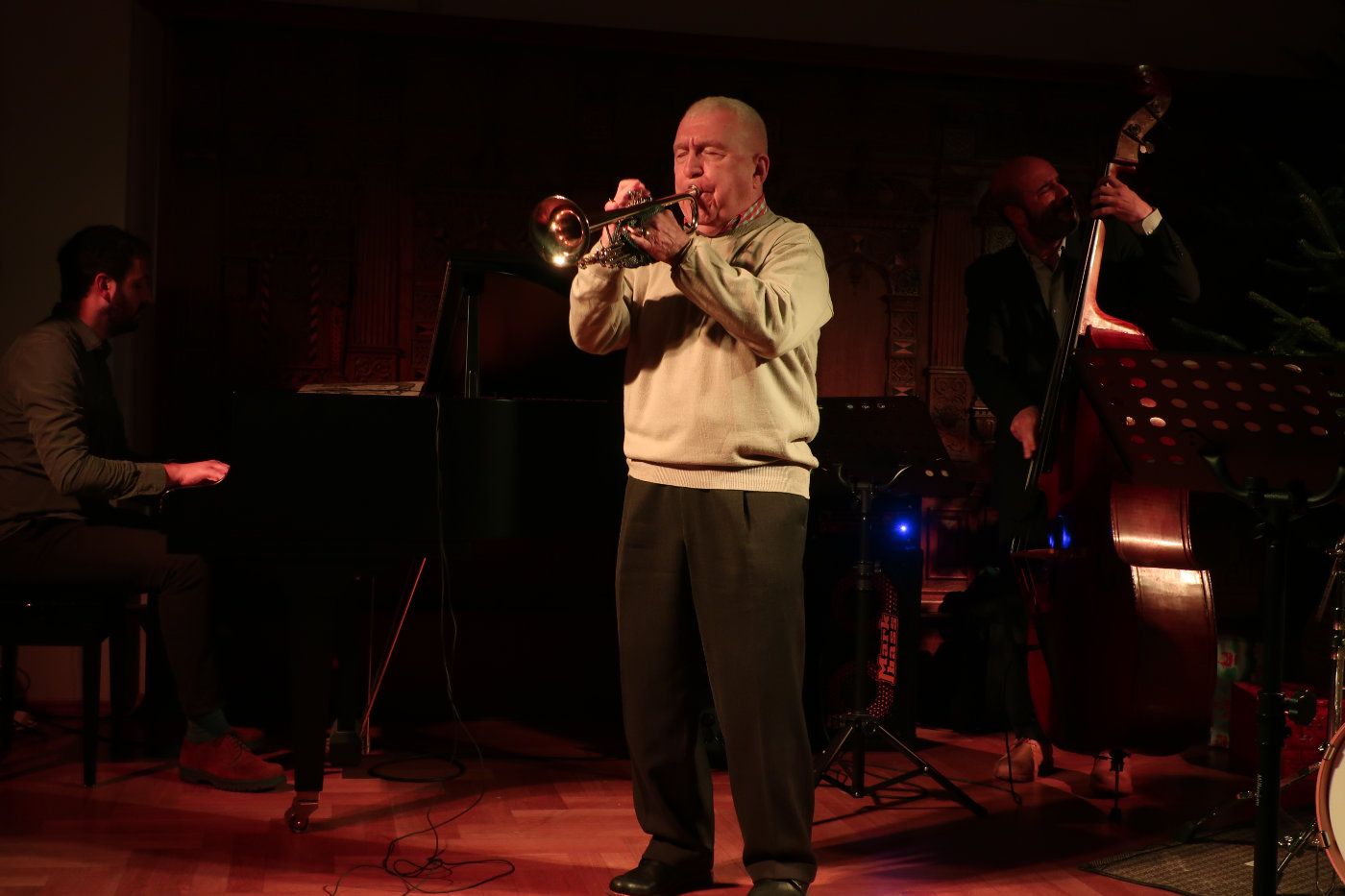Dr. Eckhard Fürlus, geboren in Jever, Friesland. Studium der Philosophie und der Theologie an der Freien Universität, der Technischen Universität und der Kirchlichen Hochschule in Berlin. Mitarbeiter der Staatlichen Museen Preußischer Kulturbesitz SMPK, des Deutschen Akademischen Austauschdienstes DAAD, der Akademie der Künste und des Landesmuseums Berlinische Galerie. Von 1993 bis 2001 wissenschaftlicher Mitarbeiter der Berlinischen Galerie. 2006 künstlerischer/wissenschaftlicher Mitarbeiter an der Kunsthochschule für Medien zur Assistenz von Prof. Siegfried Zielinski im Bereich Archäologie / Variantologie der Medien; seit 2007 Dozent an der Universität der Künste Berlin (UdK), Institut für zeitbasierte Medien.

